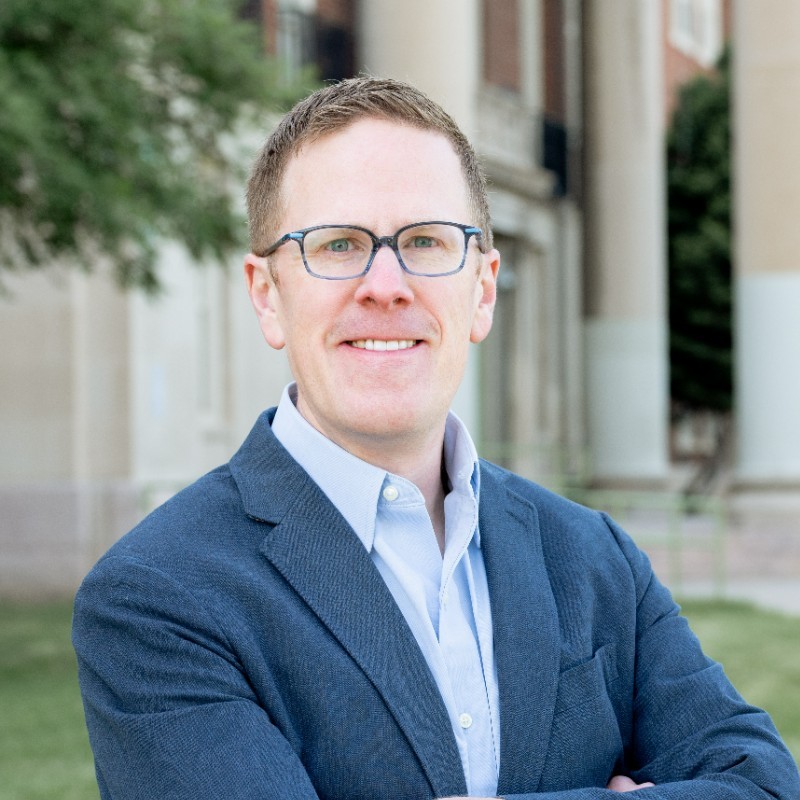Positive change is coming to the Denver school board, which we all ardently hope spells better days ahead for the district as well.
It has been a rough two years for DPS, led by an inept and dysfunctional school board that could not get out of its own way. The three new members who will be joining the board later this month – Kimberlee Sia, Marlene De La Rosa, and John Youngquist – bring a wealth of relevant experience and steady hands to a thankless job.
They also seem to be driven not by ideology but by a desire to figure out how to make Denver schools safe spaces where children can learn and prepare themselves for a happy and productive adulthood.
And what a welcome change that is. Still, anyone expecting three new board members to provide immediate fixes to the district’s many challenges is delusional. Many of the problems are long-term and extend beyond DPS and Denver and into the very fabric of our nation.
Let’s give the new members in particular and the board as a whole a bit of grace, and time to figure out how to work together productively.
Although some members of the current board have strenuously objected to the dysfunctional label, there is no other way to describe how the board has operated or failed to operate, since late 2021. Interpersonal grievances, inept leadership, and a failure to focus on what matters most drove the district into a ditch.

Tuesday also marked a stinging defeat for the Denver Classroom Teachers Association, which backed the three losing candidates. DCTA must wholly own the dysfunction of the past two years, since it endorsed and worked hard to get all seven members of the current board elected. Perhaps the DCTA has learned a lesson, been humbled a bit, and will rethink its priorities.
Here’s what is worth watching as the new board takes office and (let’s hope) coalesces.
First, can most if not all of the seven board members work together, even while respectfully disagreeing with one another? Conversations I have had since the election lead me to believe the answer is yes.
Simply having the divisive presence of Auon’tai Anderson removed from the scene will help in this regard. His need to constantly call attention to himself often derailed and distracted the board. And his clashes with board President Xóchitl Gaytán, for which both share the blame, were a huge distraction on multiple occasions.
It is now up to Gaytán to demonstrate that she can work well with other board members. Her one consistent ally, Scott Baldermann, lost his reelection bid Tuesday. That leaves her isolated for the moment.
Board members Scott Esserman and Michelle Quattlebaum, the two most politically progressive remaining board members, were closely allied with Anderson, and frequently followed his lead. To what extent will they be ready and willing to pivot and work with board members with whom they might have substantive philosophical and ideological disagreements?
Former teacher Carrie Olson, the one remaining board member from the 2019 class that flipped the board in a new direction, finds herself in an interesting position. A collegial, soft-spoken former teacher, Olson has frequently seemed averse even to productive conflict.
She has learned a lot and grown as a board member during her years of service. Can she find common cause with the three new members to move the district back toward a focus on student learning?
Olson, a former board president deposed in 2021 during a nasty bit of backroom politics led by Anderson, would be one sensible choice to lead the board for the next two years. We shall see how that plays out.
The three new board members professed during the campaign that they do not subscribe to the tired old “union versus reformers” narrative. If that holds true, as I believe it will, DPS might actually chart a new course that could be a model for other big-city districts. That might be me talking in post-election euphoria, but it seems possible at this moment in time.
Second, and equally important, will be to watch how the new board manages its one employee, Superintendent Alex Marrero. Under Marrero, the district has drifted away from a focus on student learning, and has had a disastrous record on school safety. Transparency has suffered as well.
As the recent evaluation of Marrero demonstrated, the current board failed to hold the superintendent adequately accountable for the district’s stagnating student learning and massive opportunity gaps. Here’s hoping the new board refocuses expectations, develops clear metrics, and then measures Marrero against them.
It’s easy for everyone to talk nice in the wake of an election, when goodwill abounds, at least in some quarters. But for the first time in several years, there is now real cause for cautious optimism about the near-term future of DPS.




